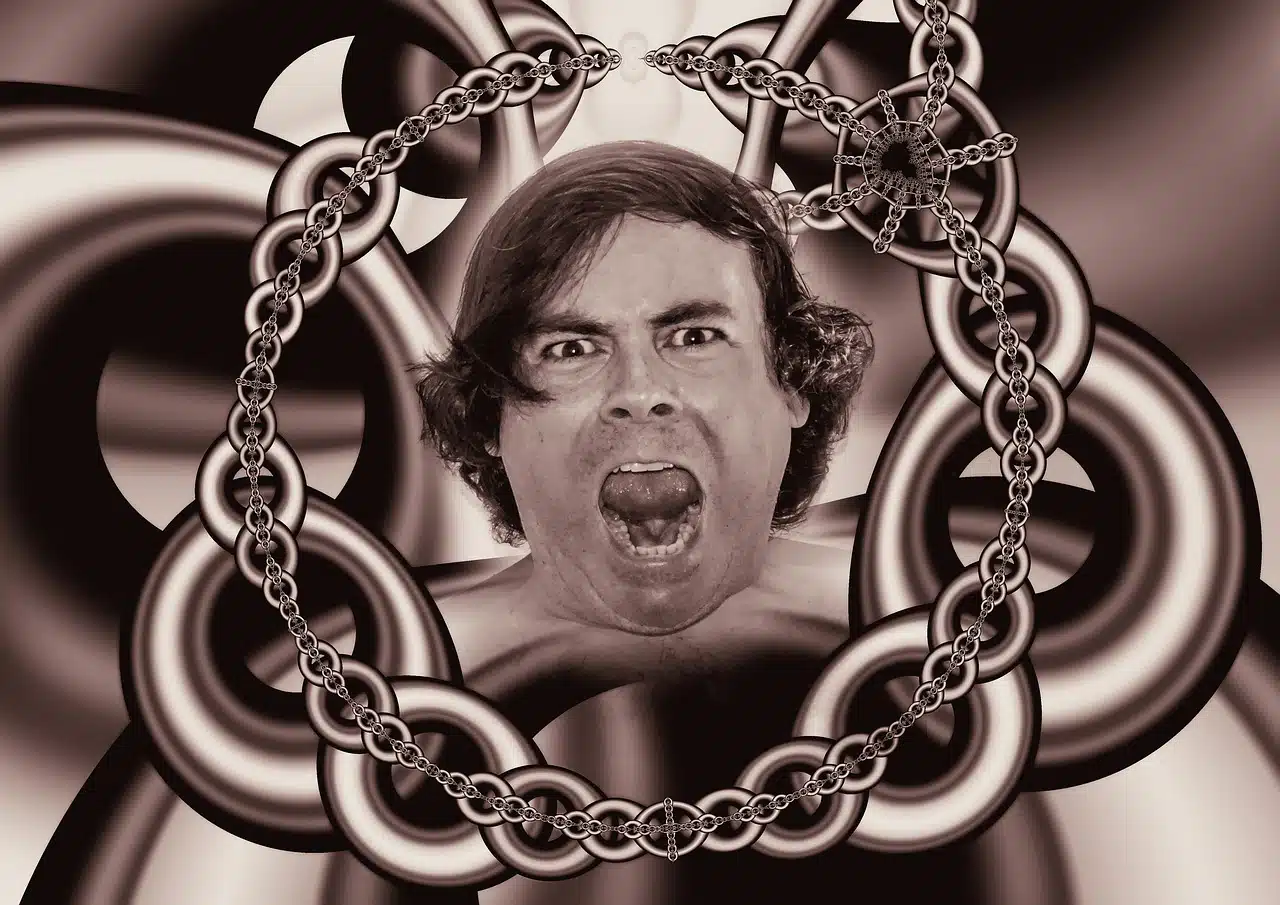
Paranoia is a mental disorder.
Paranoia is a term that comes from Greek and refers to a mental disturbance fixed on an idea. Specifically, we can establish that this word is the result of the sum of two clearly delimited Greek words. On the one hand, there would be the prefix para -, which can be translated as "outside" , and on the other hand we find the term nous , which acts as a synonym for mind .
The concept is used in psychiatry to name the mental health state that is characterized by the existence of self-referential delusions .
Characteristics of paranoia
Paranoia can be a chronic disorder , with oscillating levels of intensity. Egomaniacs, narcissists and people with low self-esteem are the main ones affected by this disorder .
Among the most characteristic features that identify those who suffer from paranoia we find low self-esteem, emotional coldness, inability to self-criticize, hostility towards the environment, authoritarianism, depressive episodes, resentment, egocentrism and a significant degree of distrust .
In addition to all of the above, we must not overlook the fact that paranoia is a gradual disease that progresses very slowly. Therefore, we must be attentive to the symptoms to be able to treat it as soon as possible.

Persecution mania is a characteristic of paranoia.
Projection mechanism
When feeling some type of frustration, paranoids tend to appeal to the projection mechanism ; Therefore, they attribute their tensions and fantasies to others. This type of thinking does not accept reasons other than its own, but, due to its rigidity, is limited to interpreting signs that allow it to confirm its prejudices .
Persecution mania is one of the distressing sensations that affect people with paranoia. These individuals feel that they are pursued and stalked by powerful or uncontrollable forces. That is why they tend to be defensive, look in all directions and feel insecure even in everyday situations.
The delusion of grandeur is also part of paranoia. In this case, the subject believes he has been chosen to carry out a very important mission or even to save the world from some undefined danger.
Other types of delusions common in paranoia are erotomania (when the individual believes that another person, usually of a higher status, is in love with him), uncontrolled jealousy (the belief that the partner is being unfaithful) and somatic delusions (the person feels that they have some illness or physical defect that, in reality, does not exist).
Paranoia and personality disorder
It is interesting that we know the existence of what is known as paranoid personality disorder , which is what those people have who at all times distrust and feel suspicious of others. More common in men than in women is this mental health problem, the causes of which are unknown but which are clearly influenced by environmental factors of various types and genes.
Feeling in danger and suffering from a limited social life are two of the consequences suffered by citizens who suffer from this aforementioned pathology , which has among its most frequent symptoms the following: hostility, detachment, inability to work with other people. and continuous thought that they are used by others.
